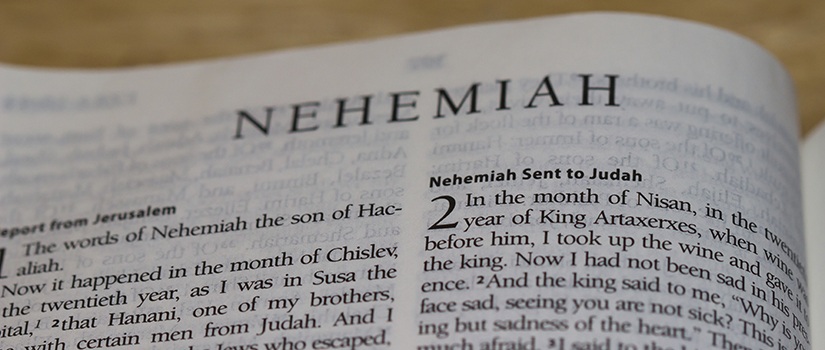Decline of Christianity
The cover story for the April 9th issue of Newsweek magazine is entitled “The Decline of Christian America,” and presents a bleak picture of the church’s future of impacting society.
Based on the 2009 American Religious Identification Survey, the article quotes the following statistics:
The “number of Americans claiming no religious affiliation has nearly doubled since 1990, rising from 8 to 15 percent.”
The number of individuals claiming to be agnostic or atheist “has increased about fourfold from 1990 to 2009, from 1 million to about 3.6 million.”
The number of individuals claiming to be Christians has fallen by 10 percent since 1990.
Agreeably, these stats can give us a reason to be concerned for the future of traditional Christianity here in the US.
But is this truly a bad thing? In fact, could this be the best thing that could happen to the church?
One of the key concepts of the free enterprise system is that if a business, product or service does not sufficiently meet the needs of the consumer it will suffer losses. This being the case, the savvy businessperson is always looking for a way to be relevant to their market. It is a matter of survival. Unfortunately, much of Christianity does not understand this and has become irrelevant and obsolete to many, or if you use the research, now the majority.
The general picture of modern North American Christianity today is a segregated, organizational hierarchy, much of which is built on man’s traditions; the results are a passive laity governed by a select clergy. Subsequently, this church has a lost or diminished capacity to manifest the power of the kingdom. Jesus stated to the Pharisees, that they “made the commandment of God of none effect by your tradition” (Matt 15:6). [for more insights on traditions click here] The teaching of man has resulted in the typical church we see today.
In contrast, the original church was very different and powerful. Yes, it had a basic structure of leadership, but it was not about the structure: It was the King and His kingdom. It was this focus that resulted in a revealing of the nature and characteristics of Jesus in the lives of those who were born again. The structure that existed was about empowering the believers, allowing them to make a difference in the communities they lived in.
The culture of this church was Kingdom focused: it was an authentic, transparent, transformational community. It was a place where individuals shared, took responsibility and were accountable to each other. It was in this environment that the members (not professional clergy) would minister the grace of God, restoring the broken and empty lives of the hurting them. This was accomplished by the manifestation of the supernatural power of the indwelling Spirit.
In short, this church was demonstrating to the world something different than religion: and it turned their world upside down.
So….. IMHO, the decline of this traditional church is setting the stage for the genuine, authentic church to rise to the occasion! It is up to you and me to choose if we will be a part of it!
PS – I know at times I may come across hard on the church. Let me clarify: I do not like religion or man’s tradition. Jesus chastised the pharisee’s regarding their man-made traditions that were making the commandments of God powerless.
Also, my views are based on a biblical study of the word tradition and its origin. The Greek word for tradition is used 13x in the NT, 11 of which are in a negative connotation. Its basic meaning is “a handing over or surrender.” The Greek word it is derived from means “to take into captivity. ” It is used 121x in the NT, 101 of which are used in a negative connotation. So with this view in mind, I have a problem with religion and man’s tradition.
I do believe that there is to be a powerful assembly of people who are manifesting the nature and image of Jesus Christ. It is this group of people who He has called out and empowered that is the true church.
Just thought I should let you know.









